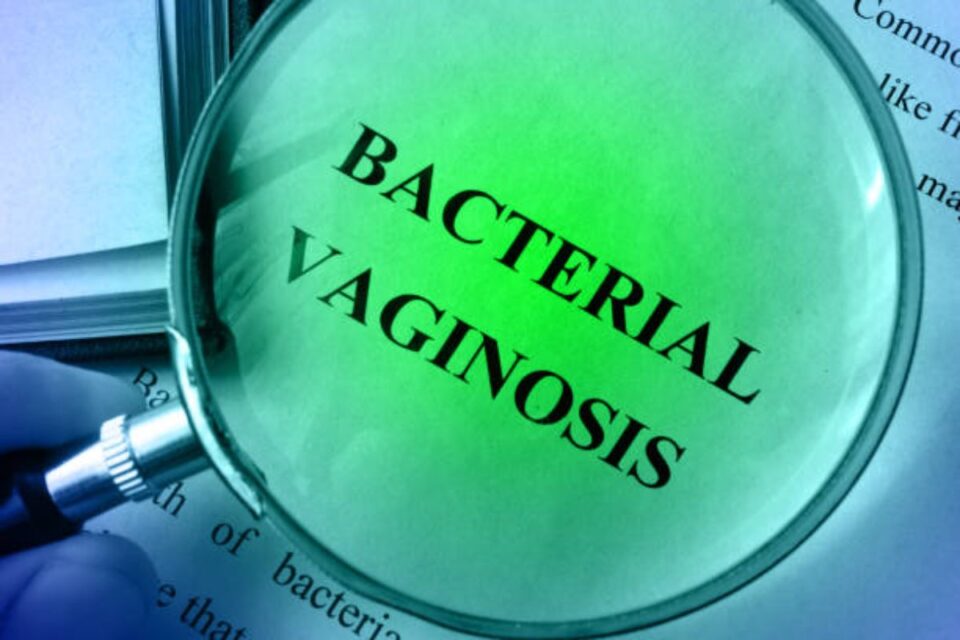Bacterial vaginosis is a common vaginal infection that can potentially affect any woman. The condition results from an imbalance in the vaginal bacteria, and while it is typically mild, it may increase the risk of other major diseases and infections such as STIs, STDs, and infertility when left untreated. As such, you need to quickly have it attended to by a doctor so that you can determine the best treatment options. Read more to understand the available treatment options.
Table of Contents
The Common Symptoms of BV
- Watery and thin vaginal discharge
- Grey or greenish vaginal discharge
- Unpleasant fishy smell from your vagina (especially after sex)
- A burning sensation when urinating
- Itchiness around the vaginal opening
Effective Ways to Treat Bacterial Vaginosis

This section will discuss two remedies or ways to treat bacterial vaginosis; home remedies and pharmaceutical treatments.
Home Remedies for BV
Home remedies are more of preventive measures to prevent BV. This is because most bacterial vaginosis episodes occur for no obvious reason and are mild. To avoid or minimize the risks of contracting BV, you can perform a few preventive measures and remedies. Here is how you can do it.
- Avoid douching your vagina as it has self-cleaning mechanisms.
- Keep antiseptics, bath oils, natural body soaps, shampoos, and perfumes out of your bathwater
- Stop using strong detergents to wash your panties and underwear
- Stop using scented products for your vaginal hygiene
- Always use a condom when having sex
- Skip the sex toys for a while until you are better
- Stop wearing too tight underwear and panties
- Take showers instead of baths
- Use gentle soaps and water when cleaning your vagina and vulva areas
- Seek medical treatment as soon as possible
Pharmaceutical Remedies for BV
The second type of treatment for BV is using medicine or pharmaceutical remedies. Before you start taking any medicines, it is crucial that you first visit your doctor and assess the most suitable treatment options for your body and condition. If bacterial vaginosis is in its initial stages, it may be easier to treat than when it is past two weeks. As such, the treatment workable for your friend might not be effective for you. Talk to your doctor first. Here are some prescriptions that your doctor may give.
Metronidazole
The most common examples of metronidazole are Flagyl and Metrogel-Vaginal pills. They are usually pills that you can take orally, applied topically, or inserted into your vagina. Your mode of intake depends on the extremity of the infection and your body’s response. As you take this medicine, you need to steer clear of alcohol as it may upset your stomach, cause abdominal pain and nausea. Before you start taking it, ensure that you read the instructions on the product.
Tinidazole
Tindamax is the perfect example of Tinidazole. This is an oral medication that can help treat BV. Like metronidazole, you should avoid taking alcohol as it potentially causes nausea and stomach upsets.
Secnidazole
A bacterial vaginosis patient only needs one oral dose of Secnidazole. An excellent example of the drug is Solosec that comes as a packet of granules. You can mix these granules with soft food such as drinks and puddings. You should eat or drink the mixture within half an hour of preparation for effectiveness. As you take it, be careful not to crush the granules as they can be a little unsettling in the mouth.
Clindamycin
Cleocin and Clindesse are the most common examples of this antibiotic. This is a vaginal cream that you should insert into your vagina. The only disclaimer is that the cream weakens latex condoms during the treatment and a few days afterward. During this time, you should avoid any form of sexual intercourse.
Conclusion
Bacterial vaginosis is a vaginal infection that often manifests with minimal signs and symptoms. To avoid confusion and misdiagnosis, you need to have it assessed by a doctor. With a proper diagnosis, you can get the appropriate treatment options and live a BV-free life.

